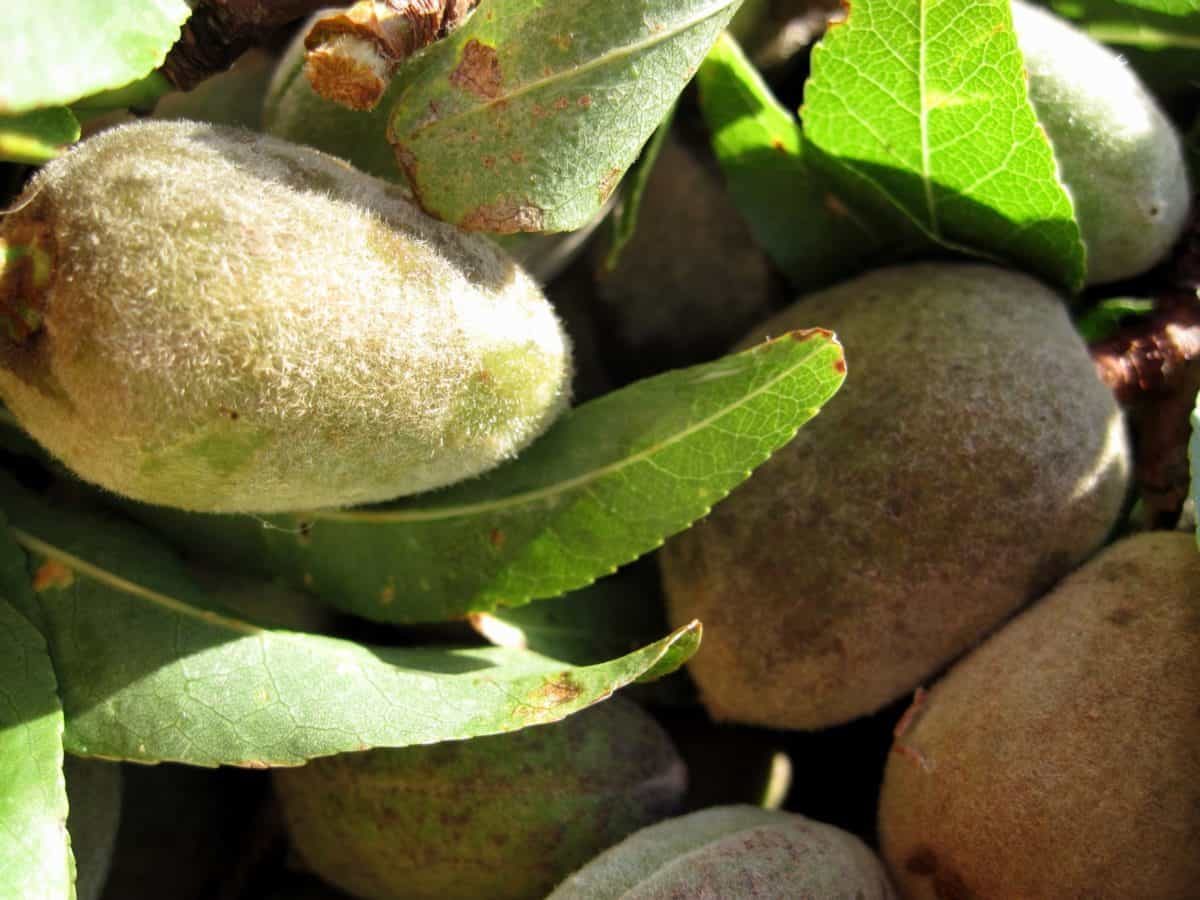The Ministry for Primary Industries (MPI) announced today it has received the High Court’s decision on the long-running Psa litigation. It is now carefully considering its findings and implications for current and future biosecurity activities.
The 500-page document traverses events dating back 12 years, pre-dating the establishment of MPI, and requires a thorough examination. We cannot rush this process.
Once we have completed consideration of the judgment, a decision will be made on whether to appeal. That decision must be made by the Solicitor-General, not MPI.
Until then, we will be making no further comment.
MPI is continually enhancing and improving the way it manages pre-border risk and processes at the border.
We have confidence in our current biosecurity system and in the continued robustness of it going forward.
The ministry provided background information HERE.
In its report on the decision, Radio New Zealand said the High Court has partially upheld a claim from a group of kiwifruit growers for damages over the Psa outbreak in 2010.
The Kiwifruit Claim group, representing 212 growers, sued the Ministry for Primary Industries for negligence in allowing Psa to enter the country.
Radio New Zealand said:
When the case went to court, the group wanted nearly $400m from the ministry to cover losses.
Psa, a vine-killing disease, is estimated to have cost the industry close to $900m.
Justice Mallon heard the case in the High Court in Wellington in August last year.
Lawyers on behalf of the growers argued the disease came in a shipment of pollen products from the Chinese province of Shaanxi, which the then Ministry of Agriculture and Forestry approved.
The Ministry for Primary Industries said earlier any liability on the Crown for losses as a result of a biosecurity incursion was covered by a statutory compensation scheme.
In her judgement, Justice Mallon said the ministry owed a duty of care to kiwifruit growers.
It had responsibility for controlling what goods could be imported into New Zealand and the risks of contamination should have been obvious.
Justice Mallon also found ministry personnel had not exercised reasonable care in preparing a research paper concerning pests and diseases associated with pollen.
She said the principal author and the supervisor of that paper had a different understanding of the scope of the paper.
That meant relevant information was omitted.
However, the ministry did not owe a duty of care to another plaintiff, the Kiwifruit giant, Seeka.
Justice Mallon said post-harvest operators were one step removed from the direct harm suffered by growers, so were less closely connected to the consequences of ministry negligence.












